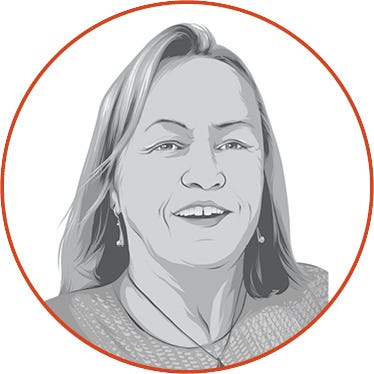
U.S. farmers wondering how Bayer will move forward through Roundup litigation and cumbersome financial judgements are still waiting for answers following today’s webinar on a culture-based reorganization strategy.
The news simply was that their company-wide shift to Dynamic Shared Ownership will include layoffs, particularly at the management level. How many still is a question – apparently one Bayer hasn’t answered internally. That’s because, they said, the answer is tied to a reorganization from managers aligned to three to five direct reports to creating leadership teams of about 15 people.
Today’s managers will be “redeployed” under the new structure, said Bayer CEO Bill Anderson. Under the new structure, Anderson said, “Unfortunately, we won’t be able to redeploy everyone.”
Those moves are being made now in several areas, with a goal of full adoption by year end. Company leaders gave high-level examples of the changes in a couple divisions, including pharmaceutical and nutritional health. On the pharmaceutical side managerial roles were cut by 40%, said Sebastian Guth, president of Bayer U.S. & U.S. Pharmaceuticals.
In the U.S. agricultural division, Guth said the transition is starting in Illinois and Wisconsin.
“We are testing out the new model and as we learn we will continue to scale the change to our go-to-market approach in crop science in the United States,” Guth said. “Based on what I’ve seen, again, it’s exciting. It really puts the farmer at the center, brings the different capabilities across the organization to bear in support of what the farmers expect from us.”
In the meantime, farmers can count on access to the company’s Roundup line, glyphosate-based herbicides, Anderson said.
Anderson pointed out that regulators around the globe continue to license the product and “deem it as safe.” Further, as concerns increase regarding food security, Anderson noted that taking glyphosate out of the farmer toolbox could increase a family’s grocery costs by 48%. He did not address rumors that Bayer may spin off its agricultural holdings.
Ultimately, he noted, “we stand firmly behind the product.”
More answers on March 5
Anderson opened the Friday session by level-setting expectations: “Please don’t expect a strategic update or a conversation on our financial options.”
Those answers, it appears, will come on March 5, when the company hosts its Financial News Conference and Capital Markets Day.
Repeated waves of litigation and resulting judgements involving glyphosate have taken their toll on Bayer stock prices over the last several years. Anderson referred to those “setbacks” and recognized the shareholders have concerns about those costs.
Some of the language on Friday appeared focused on reassuring shareholders ahead of the planned financial announcements next month.
“These teams are already reimagining how we operate. We are moving fast and decisively,” said Michael Lurie, chief catalyst at Bayer AG. “There’s wide-spread deep commitment that we need to do something different.”
Read more about:
BayerAbout the Author(s)
You May Also Like






